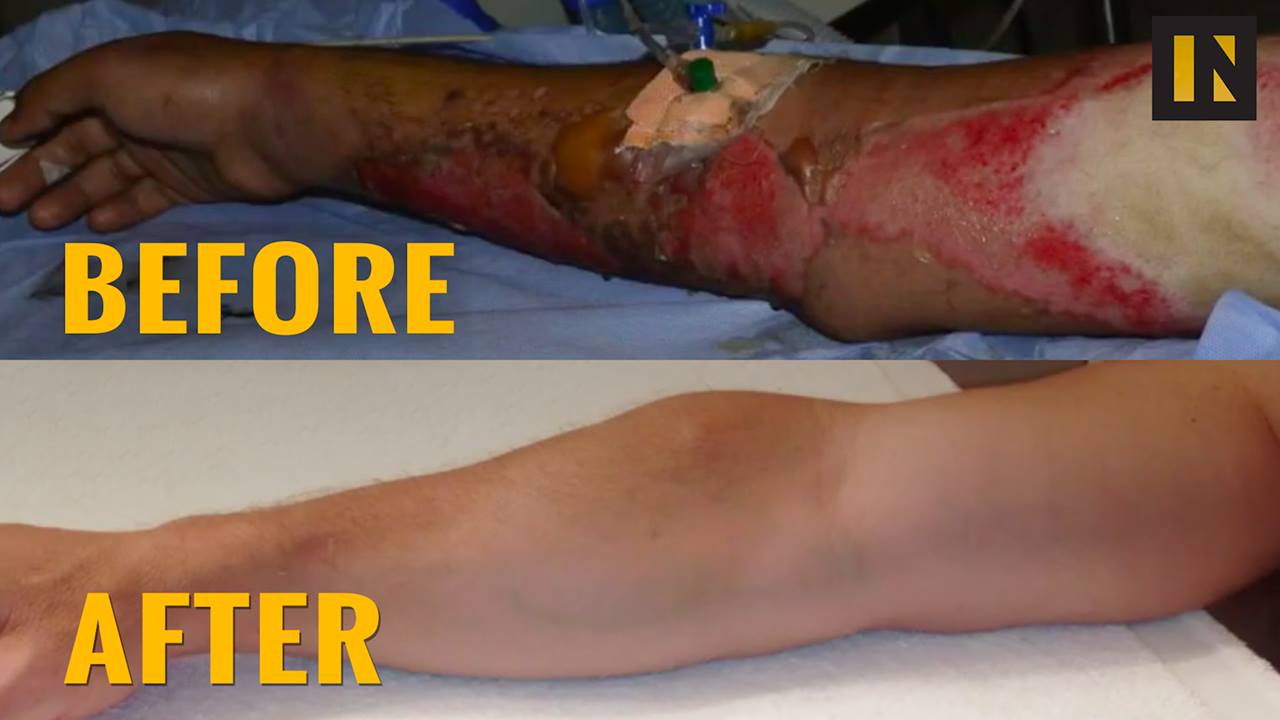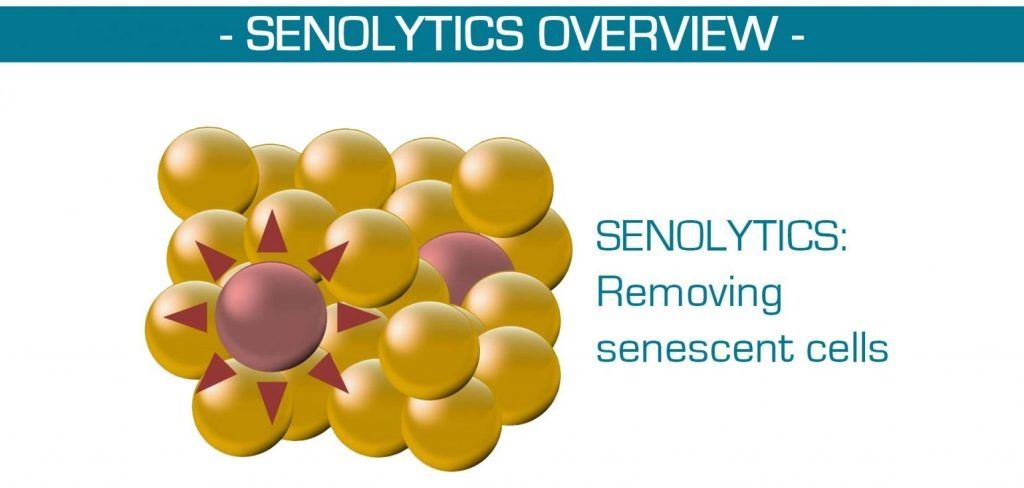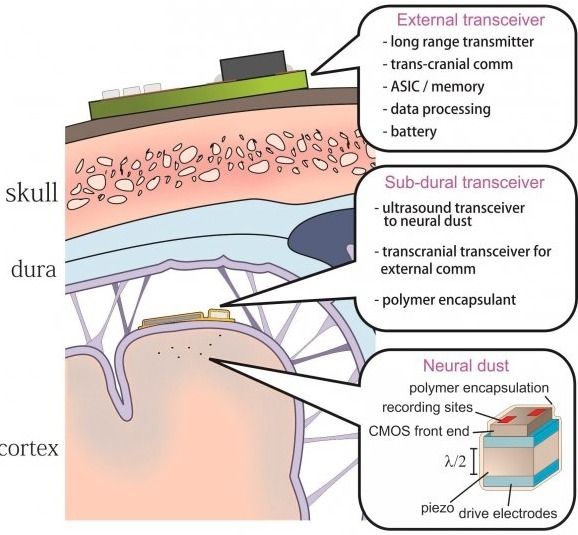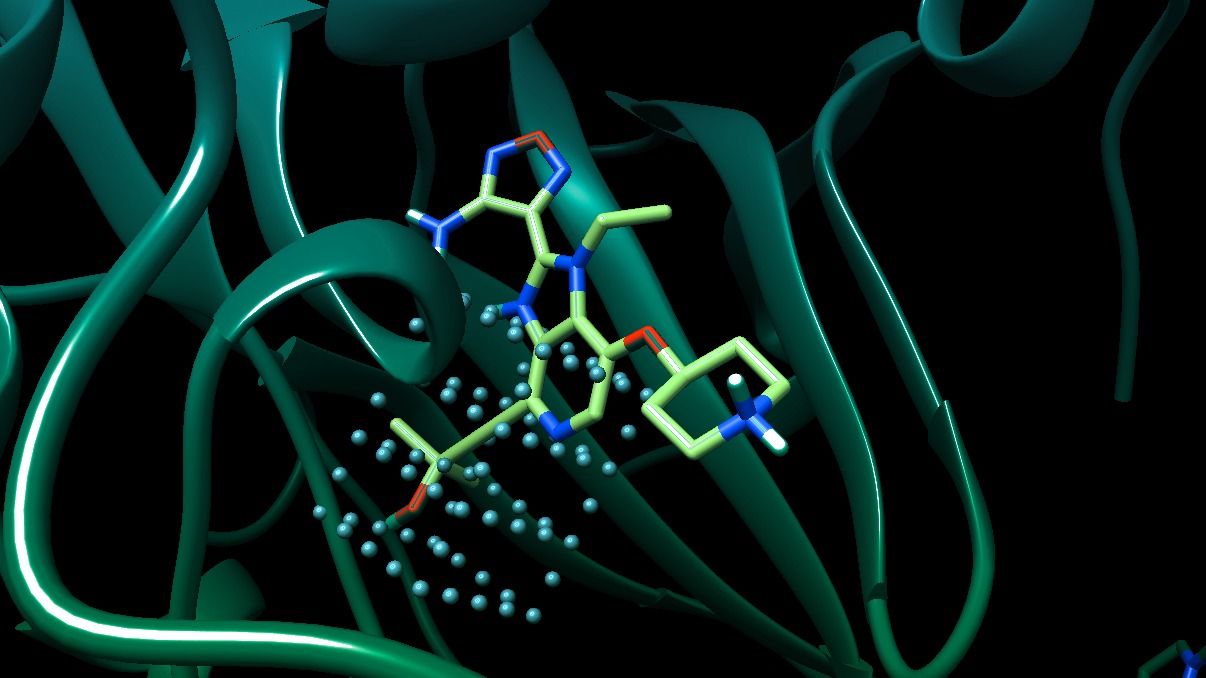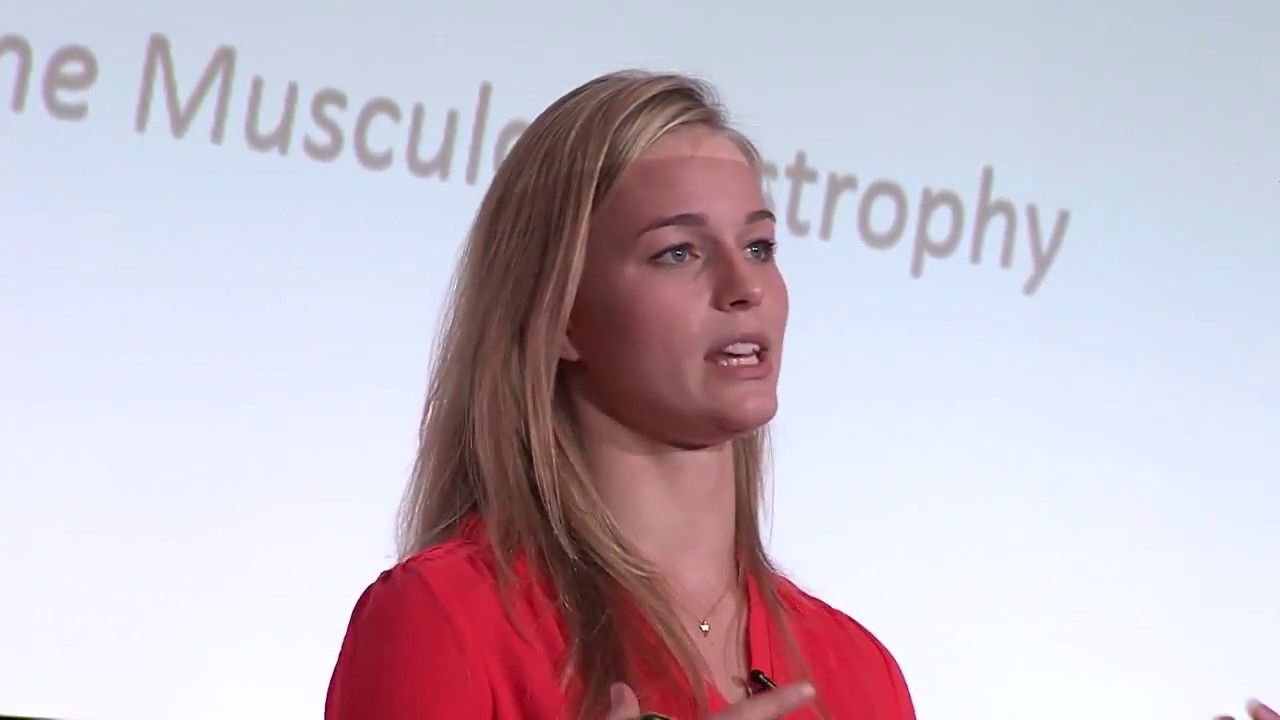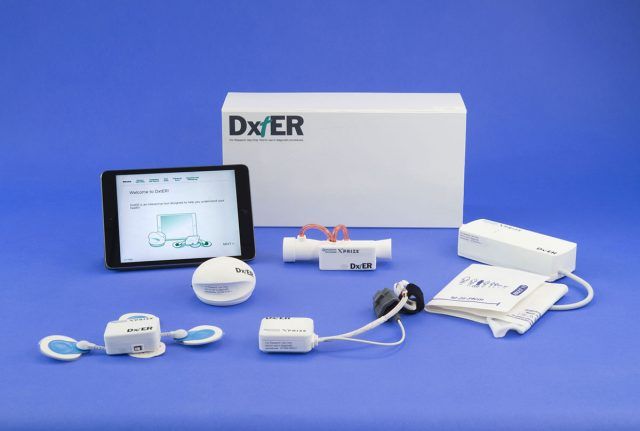Apr 25, 2017
Possible approach for treating Alzheimer’s
Posted by Steve Hill in categories: biotech/medical, life extension, neuroscience
Quercetin may be able to influence apoE and could be a potential therapeutic for Alzheimer’s disease.
The Apolipoprotein E connection
The most common type of dementia is Alzheimer’s disease and as the average life expectancy has risen in recent decades so has the occurrence of this and other neurodegenerative diseases. Aging is the primary risk factor for Alzheimer’s and researchers are searching for new ways to combat this devastating disease.
Continue reading “Possible approach for treating Alzheimer’s” »

 The most common type of dementia is Alzheimer’s disease and as the average life expectancy has risen in recent decades so has the occurrence of this and other neurodegenerative diseases. Aging is the primary risk factor for Alzheimer’s and researchers are searching for new ways to combat this devastating disease.
The most common type of dementia is Alzheimer’s disease and as the average life expectancy has risen in recent decades so has the occurrence of this and other neurodegenerative diseases. Aging is the primary risk factor for Alzheimer’s and researchers are searching for new ways to combat this devastating disease.